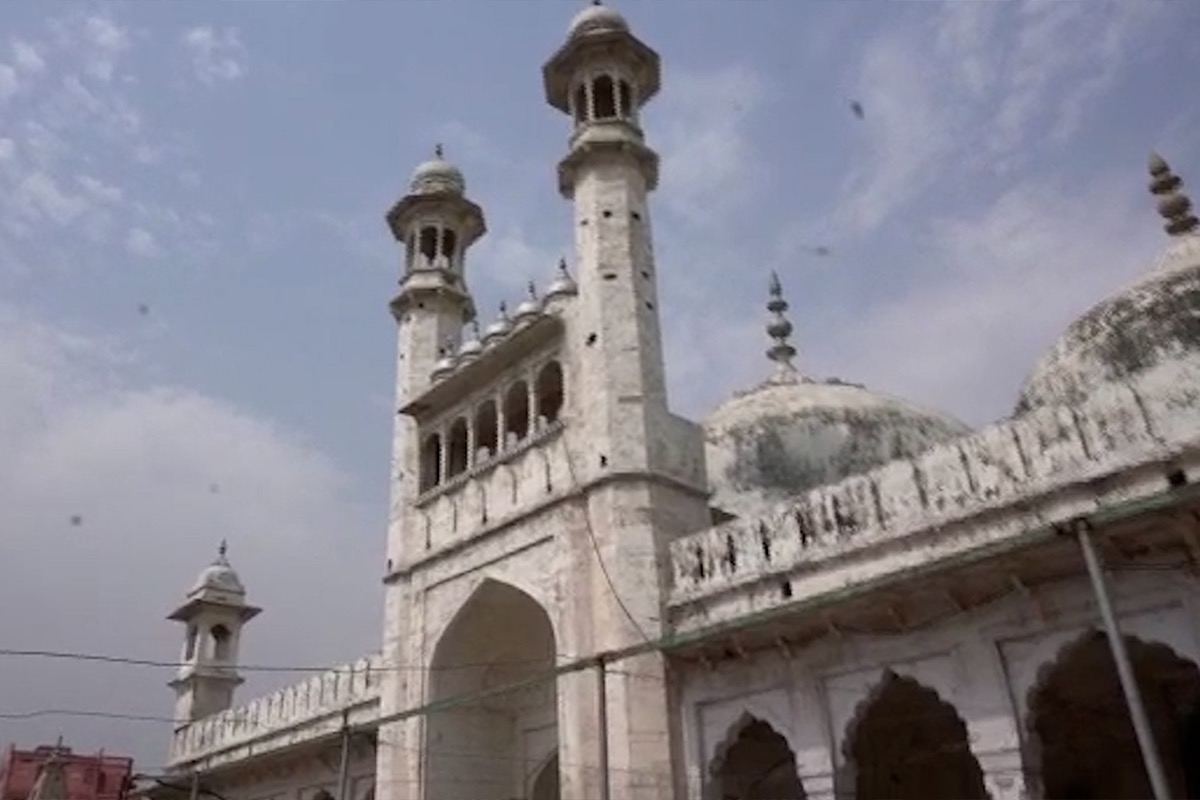

Court rules in favour of an Archaeological Survey of India or scientific survey of the Gyanvapi mosque adjacent to the Kashi Vishwanath temple

NEW DELHI: In a significant development, a Varanasi court has ruled in favour of an Archaeological Survey of India (ASI) or scientific survey of the Gyanvapi mosque, situated adjacent to the revered Kashi Vishwanath temple.
However, the ‘wazukhana,’ an area where Hindu litigants claim the presence of a ‘shivling,’ will not be included in the survey. This particular section has been sealed off, and its fate is currently under consideration by the Supreme Court.
The verdict was delivered by Judge AK Vishvesh, upholding the plea filed by a group of Hindu devotees who sought a scientific survey to ascertain whether the mosque was constructed upon the site of a Hindu temple.
Vishnu Shankar Jain, the representative for the Hindu side in the Gyanvapi mosque case, shared that the survey could be completed within three to six months.
He expressed his satisfaction, stating, “I have been informed that my application has been approved, and the court has directed to conduct an ASI survey of the Gyanvapi mosque complex, excluding the Wazu tank, which has been sealed. I think the survey can be completed within 3 to 6 months. We will participate in the ASI survey.”
Another advocate, Subhash Nandan Chaturvedi, who appeared on behalf of the Hindu side, described the court’s acceptance of their application for the ASI survey as a “turning point” in the case.
The initial petition was filed in May by five women, who had previously sought permission to pray at the “Shringar Gauri Sthal” located within the shrine complex. During the course of their plea, a structure, believed to be a “Shivling” on one side and a “fountain” on the other, was discovered on the mosque premises.
On the other hand, the Muslim side has raised objections to the ASI survey, expressing concerns that it could potentially cause damage to the Gyanvapi complex. The court held hearings from both parties on July 14 and reserved its final decision after the arguments were presented.